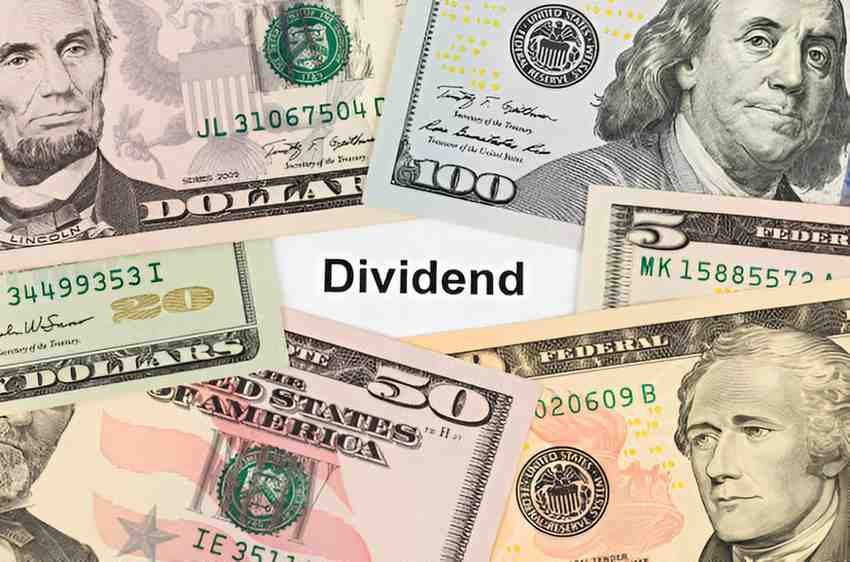As a finance expert, I often get asked whether money market mutual fund dividends qualify for favorable tax treatment. The answer is not straightforward, as it depends on the fund’s composition, holding period, and tax regulations. In this article, I will break down the mechanics of money market mutual fund dividends, their tax implications, and how they compare to other investment income.
Table of Contents
Understanding Money Market Mutual Funds
Money market mutual funds (MMMFs) are low-risk investment vehicles that primarily invest in short-term, high-quality debt securities like Treasury bills, commercial paper, and certificates of deposit (CDs). They aim to provide liquidity and stability while generating modest returns.
How MMMFs Generate Dividends
MMMFs earn income from the interest on their underlying securities. This income is distributed to shareholders as dividends, typically on a monthly basis. The dividends can be:
- Ordinary dividends – Taxed as ordinary income.
- Exempt-interest dividends – Partially or fully exempt from federal taxes if the fund holds tax-exempt municipal securities.
Qualified Dividends vs. Ordinary Dividends
The key distinction lies in tax treatment:
- Qualified dividends benefit from lower long-term capital gains tax rates (0%, 15%, or 20%, depending on income).
- Ordinary dividends are taxed at the investor’s marginal income tax rate (up to 37%).
IRS Criteria for Qualified Dividends
For dividends to be “qualified,” they must meet these conditions:
- Paid by a U.S. corporation or qualified foreign entity.
- Held for a minimum period (usually 60+ days during the 121-day window around the ex-dividend date).
Since MMMFs primarily hold debt instruments, their dividends do not qualify for the lower tax rates.
Tax Treatment of MMMF Dividends
1. Federal Income Tax
Most MMMF dividends are taxed as ordinary income. However:
- Treasury MMMFs – Interest is exempt from state/local taxes.
- Municipal MMMFs – Dividends may be federally tax-exempt (but could trigger AMT).
2. State and Local Taxes
- U.S. Treasury obligations are exempt from state taxes.
- Municipal MMMFs may be exempt from federal and sometimes state taxes if they hold in-state bonds.
Example Calculation
Assume an investor in the 24% federal tax bracket earns $1,000 in MMMF dividends:
- Taxable MMMF: \$1,000 \times 24\% = \$240 \text{ in taxes}
- Municipal MMMF (federally exempt): \$0 \text{ federal tax}
Comparing MMMFs to Other Investments
| Investment Type | Dividend Type | Tax Rate Applicable |
|---|---|---|
| MMMF (Taxable) | Ordinary Income | Marginal Tax Rate (Up to 37%) |
| MMMF (Municipal) | Tax-Exempt Interest | Potentially 0% (Federal) |
| Qualified Stocks | Qualified Dividends | 0%, 15%, or 20% |
| Corporate Bonds | Ordinary Interest | Marginal Tax Rate |
Strategies to Minimize Tax Liability
- Hold MMMFs in Tax-Advantaged Accounts
- IRAs, 401(k)s defer taxes on dividends.
- Opt for Municipal MMMFs
- Ideal for high-income investors in high-tax states.
- Consider Treasury MMMFs
- Avoid state taxes while maintaining safety.
Final Thoughts
Money market mutual fund dividends are not qualified and are taxed as ordinary income. However, tax-efficient alternatives exist, such as municipal or Treasury MMMFs. Investors should assess their tax bracket and holding structure to optimize after-tax returns.





